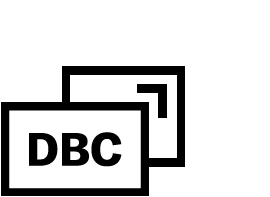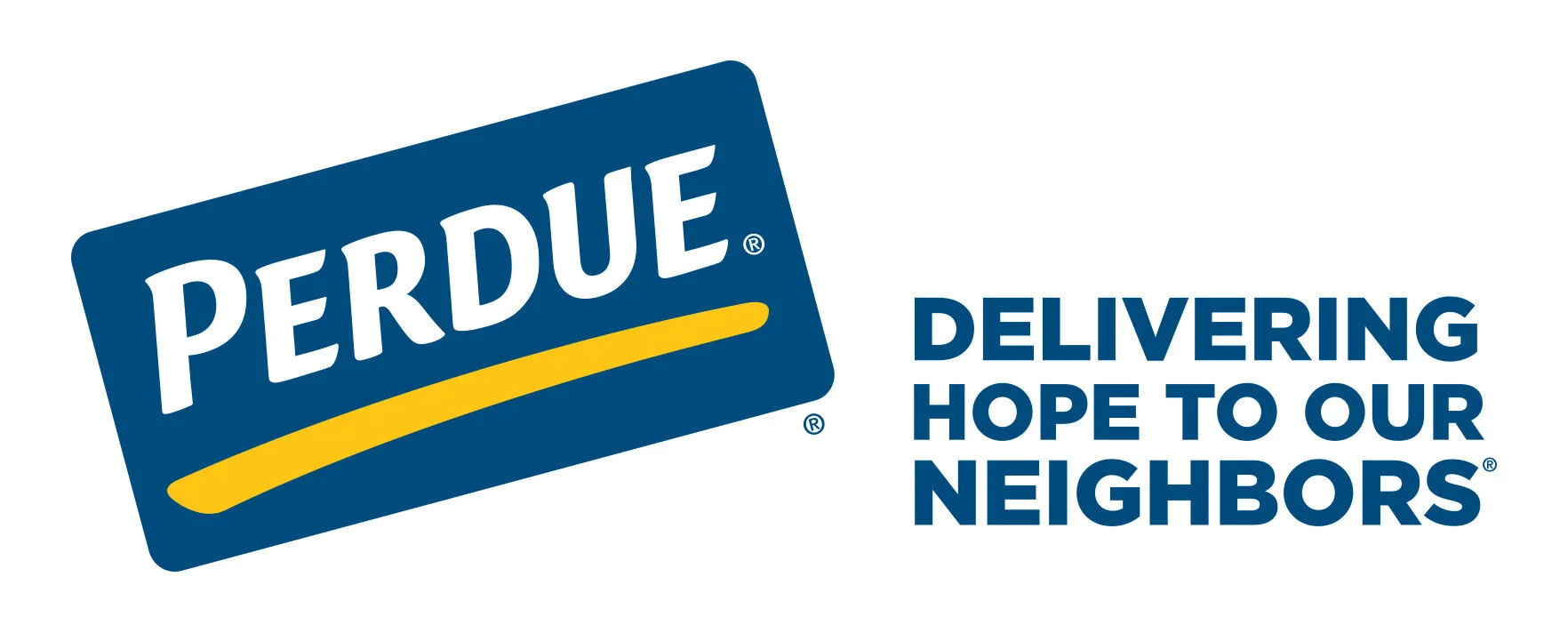Brands Doing Well
The second half of 2020 is here, but COVID-19 hasn’t gone anywhere. At DBC, we’re keeping it real — which means our eyes and ears are wide open, in search of new ways to help your brand rock this challenging year. Here are a few examples of smart branding during the crisis.
1. Little Caesars
Detroit-based pizza chain ranks third in the big pizza pie race, trailing Dominoes and Pizza Hut. Two main things set them apart — they’re the only major national pizza chain that makes its dough fresh in-store daily, and they don’t do delivery. CEO David Scrivano says Little Caesars tends to serve to a lower-income demographic, so adding delivery could potentially drive business away.
With delivery out of the playbook, Little Caesars took to marketing its pizza from a health & hygiene angle. Their ‘Peace of Mind’ commercials shifted the focus to their process — their pizza cooks at over 475 degrees Fahrenheit and is touched by no humans until it lands on your kitchen table. They took something they regularly did and turned it into a unique positive, tailored to the current situation.
Although cleaning and disinfecting have always been important parts of the food industry, the COVID-19 pandemic has raised ultra concerns about food safety and the health of foodservice professionals and their guests. Many brands have adjusted their messaging and are using various methods to give assurance to their customers.
Brands have amplified proper cleaning and employee hygiene measures.
Brands are training and monitoring all hygiene practices.
Companies are being transparent with the food safety and hygiene practices that they’ve put in place to prevent contamination and keep customers safe.
2. Airbnb
Airbnb is no stranger to the challenges of COVID-19, driven around real concerns for hygiene. Many hosts either pulled out to find cheaper long-term tenants or began offering “14-day isolation suites”. The pandemic not only affected the company — it immensely affected hosts who were relying on Airbnb for their income.
COVID-19 shook the travel industry and forced companies to make major adjustments. Airbnb is trying various ways to find solutions to the challenges and also making amends. After being criticized by property hosts who felt its cancellation policies weren't clear, the firm established a $250 million fund to cover hosts' costs. They also updated cleaning and hygiene instructions and recommended hosts stock up their properties with a ‘few extras’ like hand sanitizer, disposable gloves, etc.
Beyond that, the company took the initiative to offer “free or subsidized housing” for 100,000 people working on the healthcare frontline. This helps essential workers isolate themselves from their families in between shifts if they need to.
These measures could help the company regain goodwill from hosts, which will be important once tourism revives.
Brands should know business never stops, even when your industry has been especially hard hit.
Keep an eye out for anything to do in the meantime, and how to support your long-time customers who are the backbone of your business model.
3. Ford partnership with GE Healthcare & 3M
Ford Motor Company has joined forces with 3M and GE Healthcare to quickly expand production of urgently needed medical equipment and supplies. The automaker is helping 3M scale up production of its air-purifying respirators while collaborating with GE Healthcare to boost production of a simplified version of GE’s existing ventilator design.
The company is also lending some of its U.S. plants to make more than 100,000 plastic face shields. Ford decided to shift its focus away from selling to new customers and towards relieving the stress of current customers.
Systems resilience is being tested like never before as companies try to operate under a new reality. Many businesses have rapidly adjusted their operations to immediate challenges and are successfully navigating through the crisis.
Use your available resources and tweak the process and/or services in a way that’ll deliver to what the scarce market wants.
Innovate services or products, along with finding ways to give back to those who need it most.
Understand your goals, assets, and gaps in the market. Identify your strengths, assets, and weaknesses at this time and find purposeful partnerships that will help fill in the gaps.
4. Perdue Farms
Perdue Farms, the premier provider of quality meats, breaks ranks with the rest of the industry. The company only works with family farmers and is praised for its best practices in humane chicken farming.
During COVID-19, Perdue Farms decided the best way to send a message was straight from their chairman’s, Jim Perdue, cell phone. His heartfelt message thanking the people on the front lines of food production and delivery became a television ad.
Brands are finding various new ways to communicate with their customers, but even the biggest brands get overwhelmed in crises. Finding the right brand response through the right medium is very important. It’s crucial to keep customers in the loop by providing them with helpful information — keeping in mind how much is necessary to share.
Brands can showcase their unique voice and human-centric messages.
Business leaders should sit down with their teams and think about which messages they want to send with their branding.
Keep the message simple, obvious, and informative while also addressing COVID-19 and social responsibility.
5. Target
The popular department store has a few good moves under its belt. Earlier in the year, they focused on making their stores safe for in-store customers, all while expanding their shopping experience to include contactless ‘drive-up’ pickup.
But something we thought was really cool was how they’ve continued to support their employees. Target continues to be on top of their response to COVID-19, remembering their employees are an important point of contact that keeps a business going.
They permanently raised their starting wage to $15/hour starting this last July. According to Target, this was a change long-time in the works, however being able to make it a reality during a crisis has the momentum to actually make a change in their employees’ lives.
In addition to the $15/hour starting wage, they’ve given out one-time bonuses to most of their employees, and have made their healthcare available to all, even if you’re not subscribed to their medical insurance plan, while also offering free virtual health visits for all team members.
Customers are important but remember your employees.
By raising your employees’ quality of life, you raise brand esteem.
We’re standing by —
And always ready to keep the conversation going







